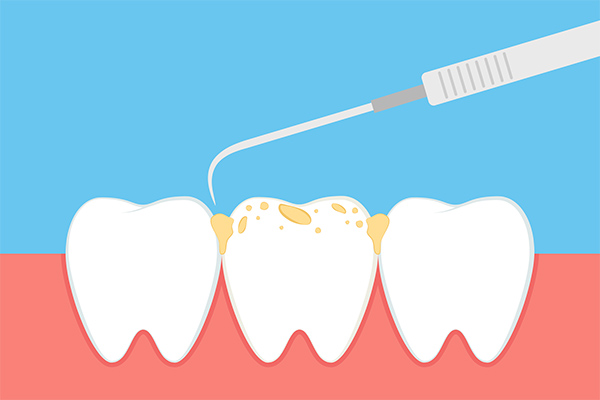 Plaque and tartar are two things that lead to the most common dental issues a periodontist can treat: tooth decay and gum disease. The teeth have an outer layer called the enamel that is the hardest part of the body. Designed to handle a lot of wear and tear, it protects a tooth's more delicate inner layers from acids made by oral bacteria.
Plaque and tartar are two things that lead to the most common dental issues a periodontist can treat: tooth decay and gum disease. The teeth have an outer layer called the enamel that is the hardest part of the body. Designed to handle a lot of wear and tear, it protects a tooth's more delicate inner layers from acids made by oral bacteria.
Bacteria in the mouth feed on sugars left on teeth surfaces, forming a sticky film called plaque. Plaque causes the sticky feeling in your mouth in the morning. The more sugars are in your mouth before going to sleep, the stickier your mouth will feel when you wake up. You have probably noticed that on your own over the years.
Let us take a detailed look at tartar and plaque to better understand how they promote oral health issues such as gum disease and tooth decay.
Plaque
As previously mentioned, plaque is a sticky film created by oral bacteria. It houses the bacteria that make it and the acids they produce — the acids inside plaque damage teeth, leading to tooth decay. Plaque can make its way below the gum line, infecting the tissues there. It hardens into tartar when left on teeth for a few days, which creates additional issues.
Plaque can be removed by brushing and flossing. Its formation can also be minimized by limiting the consumption of sugar-rich foods.
Tartar
Tartar is what plaque turns into when left on teeth for prolonged periods. Tartar gives teeth a yellow tint, and it houses bacteria and the acids they produce – just like plaque. However, brushing or flossing does not affect tartar deposits. Instead, a periodontist removes it with a scaler during teeth cleanings. This allows tartar to build up on teeth between dental visits regardless of how well a person cleans their mouth. Therefore, good oral hygiene only helps minimize these deposits, while teeth cleaning is needed to get rid of them.
Tartar can make its way into gum pockets, leading to gum disease as the immune system tries to fight off the bacteria in it.
Preventing tartar and plaque buildup on teeth
Simple things anyone can do to remove plaque from their teeth and minimize the accumulation of tartar deposits include:
- Brushing twice and floss once daily
- Always clean the tongue when brushing
- Use tartar-control toothpaste to minimize tartar buildup
- Use an antibacterial mouthwash to reduce bacteria in the mouth
- Visit a dentist twice a year to get teeth cleaned
- Consume less sugar-rich foods and beverages
- Drink lots of water
It starts with prevention
The less plaque and tartar you have on your teeth, the lower your risk of developing gum disease and tooth decay. Give us a call or visit our Summit clinic to set up an appointment with our periodontist.
Request an appointment or call Summit Periodontics & Dental Implants at 908-219-6664 for an appointment in our Summit office.
Related Posts
Periodontists can diagnose and treat conditions affecting the gums and cheeks. The soft tissues of the mouth are vulnerable to bacterial infection. Understanding how these dental professionals help patients can ease your mind for your next procedure. If you want to know how periodontists can help your gums and cheeks, here are the details.Periodontists concentrate…
Wondering whether a periodontist can treat receding gums? Read on to learn more. Due to the increasing awareness about dental hygiene, many people are worried about gum recession. This issue is not just cosmetic: It may signal underlying dental problems that could cause serious health problems if ignored. Although routine dental care such as brushing,…
People who are seeking healthy gums but are dealing with challenges with gingivitis can see an expert periodontist, a dental professional who has studied the structures that support the teeth. These include the gums, the jawbone itself, and the ligaments that help hold the teeth in place.Periodontists are trained dentists who focus their attention on…
